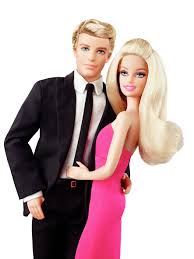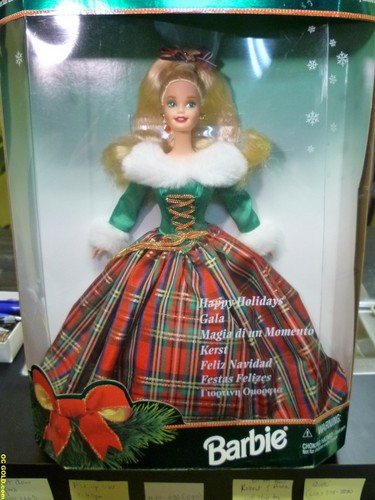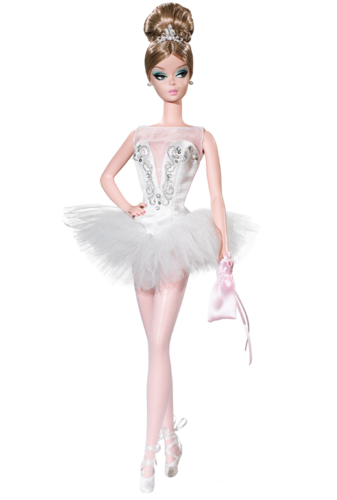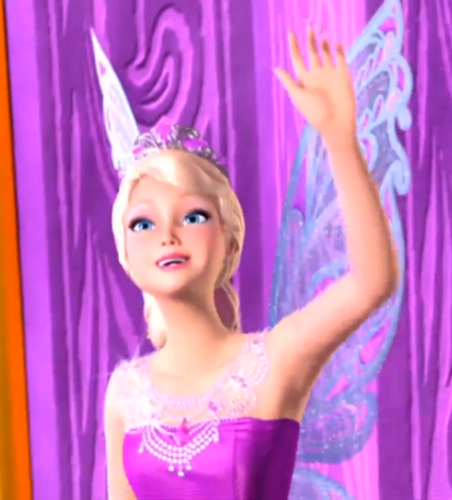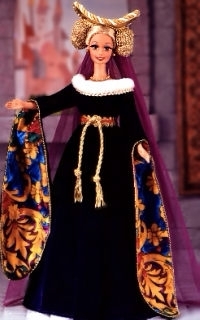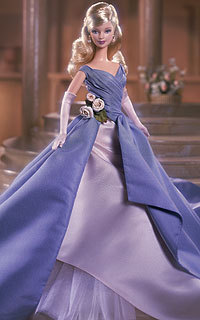The バービー clan began its life as white and remained so until 1967, when “Colored Francie” made her debut. But this Francie doll was produced using the existing head molds for the white Francie, and, other than her dark skin, lacked any other distinguishing African features. The first African American doll in the バービー サークル, 円 is usually regarded as Christie, who appeared in 1968. It wasn’t until 1980 that actual black and Hispanic バービー ドール hit the market. Yet despite Mattel’s attempt to take a もっと見る racially sensitive stance, Ann Ducille, professor of American and African-American literature at the 大学 of California, San Diego, contends that “white バービー ドール (are) the norm. Black バービー is toyland’s ‘but also’ just as black people are society’s ‘but also.’” Professor DuCille 名言・格言 a black mother who 発言しました that although her daughter played with a black Barbie, she still asked for “the real Barbie.”
In 1967, Mattel and Nabisco embarked on a cross-promotion of バービー and Oreo cookies. Oreo Fun バービー offered girls the chance to play while sharing “America’s お気に入り cookie.” As had become the norm, Mattel manufactured both a white and black version of the doll, apparently unaware that in the African American community “Oreo” has long been a derogatory term for a person who is “black on the outside and white on the inside,” like the チョコレート サンドイッチ cookie itself. Black critics took the doll to task and she did very poorly in the marketplace; Mattel recalled the unsold stock, making it highly prized によって collectors.
In 1967, Mattel and Nabisco embarked on a cross-promotion of バービー and Oreo cookies. Oreo Fun バービー offered girls the chance to play while sharing “America’s お気に入り cookie.” As had become the norm, Mattel manufactured both a white and black version of the doll, apparently unaware that in the African American community “Oreo” has long been a derogatory term for a person who is “black on the outside and white on the inside,” like the チョコレート サンドイッチ cookie itself. Black critics took the doll to task and she did very poorly in the marketplace; Mattel recalled the unsold stock, making it highly prized によって collectors.


